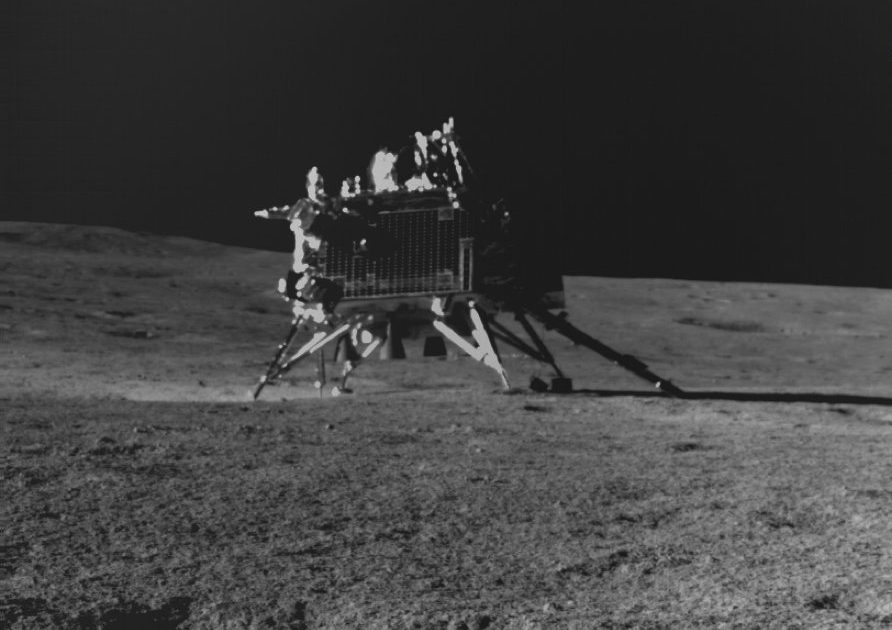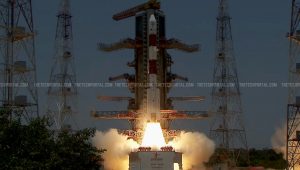
India’s Pragyan lunar rover and Vikram lander put in sleep mode, complete all designated assignments: ISRO
Marking a successful conclusion of the planned mission duration for humanity’s first lunar south pole explorers, the ‘Pragyan’ rover and ‘Vikram’ lander, India’s national space agency ISRO announced that both have been put into sleep mode. The expected 14 Earth days (1 Lunar day) life for the mission completes today and both the lander and rover are now in a 14 earth days’ sleep cycle.
In an update put out out on ISRO’s official X (formerly Twitter) handle, the agency said that both the lander and rover have completed all designated assignments successfully, are now in sleep mode, safely parked. Batteries for both robots is fully charged and solar array has been put in a position, that in case they remain alive, they would restart their work post completion of the lunar night. Night temperatures on the moon, specially on the south pole, can go exorbitantly low, making it nearly impossible for these robots to survive.
In case Pragyan and Vikram do survive, it would mean additional readings and experiments on the lunar south surface. In case they don’t, they will be — as ISRO rightly put — India’s permanent lunar ambassadors.
Chandrayaan-3 Mission:
The Rover completed its assignments.It is now safely parked and set into Sleep mode.
APXS and LIBS payloads are turned off.
Data from these payloads is transmitted to the Earth via the Lander.Currently, the battery is fully charged.
The solar panel is…— ISRO (@isro) September 2, 2023
Both lander and rover comprised of several payloads, each of which have been conducting several in-situ experiments on the lunar south pole. The rover, though initially planned to travel for 400-500 metres, travelled just over 100mts., the distance being shorter due to several crater related manoeuvres done for its safety.
Pragyan’s Laser-Induced Breakdown Spectroscope (LIBS) and Alpha Particle X-ray Spectroscope (APXS) have confirmed the presence of sulphur, while Vikram’s Chandra’s Surface Thermophysical Experiment (ChaSTE) has measured the temperature profile of the lunar topsoil around the pole.
Speaking to The Times of India on the early sleep cycle that the robots have been put into, Chandrayaan-3 Project Director P Veeramuthuvel said, “We cannot count the first two and last two days. The lunar day began on August 22 and our landing was almost at the end of the second day. From there, both Vikram and Pragyan have performed exceptionally to exceed our expectations. All mission objectives have been met and we will enter sleep mode tomorrow (Sunday).”


